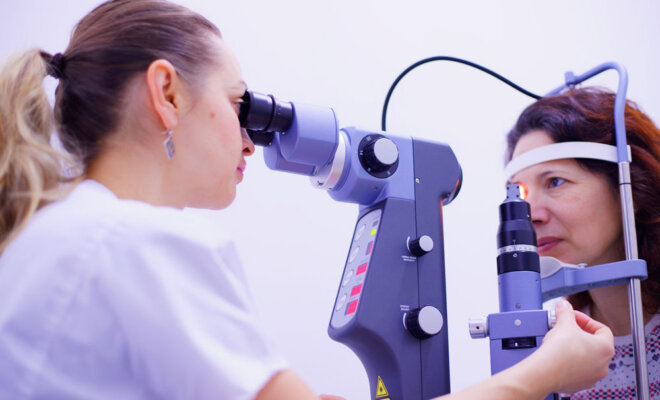Eyes are often referred to as the windows to our soul, but they are also our windows to the world. And who better to keep these windows clean and clear than Optometrists? They are professionals in eye care, dedicated to helping us maintain optimal eye health and visual acuity. But what does their job entail? How do they differ from ophthalmologists and opticians? What should you expect during an eye examination? How can they help you with vision correction options like eyeglasses or contact lenses? Let’s delve into these questions and more, unveiling the world of Optometrists.
1. Understanding Optometry: What Do Optometrists Do?
Optometrists are healthcare professionals who specialize in eye care. They conduct eye examinations to test visual acuity and detect refractive errors like myopia or hypermetropia. Optometrists also assess binocular vision and diagnose conditions like strabismus or amblyopia. They can prescribe corrective lenses, offer vision therapy, and provide treatment for certain eye diseases.
2. The Difference Between Optometrists, Ophthalmologists, and Opticians
While all three professions deal with eye care, they have distinct roles. An optometrist is a primary health care provider for routine eye care. An ophthalmologist is a medical doctor specializing in eye and vision care, capable of performing eye surgery. On the other hand, an optician is a technical practitioner who designs, fits, and dispenses corrective lenses based on an optometrist’s or ophthalmologist’s prescriptions.
3. The Eye Examination Process: What to Expect?
An eye examination involves a series of tests to evaluate your vision and check for eye diseases. Your optometrist may use various instruments, ask you to look through several lenses, and shine bright lights into your eyes. They will measure your visual acuity, check for refractive errors, and inspect your eye’s interior and exterior for signs of disease.
4. Vision Correction: Eyeglasses and Contact Lenses
Based on your eye examination, your optometrist can recommend suitable vision correction options. If eyeglasses are chosen, the optometrist will provide a prescription detailing your refractive error. If contact lenses are preferred, they will ensure a proper fit and teach you how to use and care for them.
5. Detecting and Managing Eye Diseases
Optometrists can diagnose and manage eye diseases like glaucoma, macular degeneration, or cataracts. They may prescribe medications or refer you to an ophthalmologist for further treatment.
6. Tips for Maintaining Eye Health: Advice from Optometrists
Optometrists suggest regular eye examinations, maintaining a healthy diet, protecting your eyes from harmful UV light, and avoiding eye strain from digital devices.
7. Choosing the Right Optometrist for You
When choosing an optometrist, consider factors like their qualifications, experience, services provided, location, operating hours, and reviews from other patients.
Conclusion:
Optometrists play a vital role in maintaining our eye health and ensuring we enjoy the world in high-definition. Understanding the role of optometrists, the eye examination process, and how they can help in vision correction and managing eye diseases is crucial for anyone who values their vision. So, the next time you visit an optometrist, you’ll know exactly what to expect and how to make the most of your visit. Remember, your eyes deserve the care of a specialist – they deserve the care of an optometrist.










